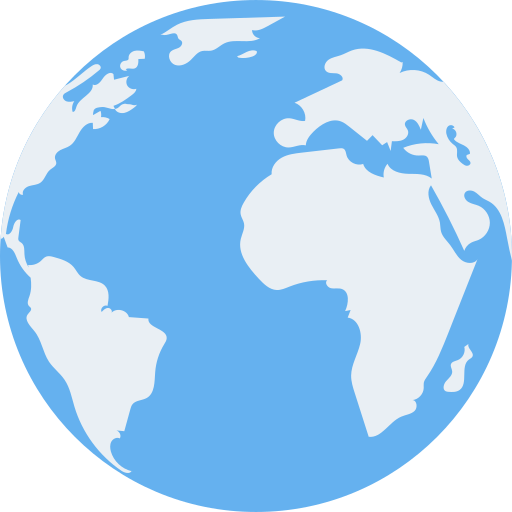In this scenario, Pan-Americanism gained strength and support, prompting countries across the continent to begin discussing the idea of a supranational organization. After several meetings and discussions, the member countries founded the Continental Confederation of American States (CCAS) on April 8, 1947.
This supranational organization has some interesting characteristics because the type of government is technocratic and does not practice democracy in order to avoid an increase in bureaucratic processes, as well as to prevent a populist with bad intentions from coming to power, and the countries continue to retain a great deal of autonomy.
It will have executive bodies, but they will be called “directorates” to avoid confusion with the executive bodies of the member countries. It will have a lower house and an upper house, but also a third chamber composed of sectors that are important to the organization and its members, whether economic, political, social, and/or cultural. It will be more active and will discuss problems faced by member countries, although its resolutions will not be binding. There will be a Central Bank, but it will be inspired by the Swiss National Bank, so some of its shares will be listed on the stock exchange, but most will be owned by member countries and their agencies, as well as the organization.
There will be a supreme court, but it will only act if the issue affects three or more member countries, and its resolutions will apply to all member countries. Citizens of member countries can travel freely at all times, but there will be some conditions, such as not carrying products, animals, fruits, and vegetables that have not been previously inspected to prevent pests from damaging crops and/or the native flora and fauna of the country or causing a health crisis in the country you are entering. In this case, you will have to go through customs.
It is prohibited to bring products, animals, fruits, and vegetables that could harm the native flora and fauna without the required established measures. Member countries can freely trade their products and will be free of tariffs. There will be an intergovernmental transactional military alliance that will include member countries, similar to NATO. The organization will also have its own armed forces, which will serve as a defense, although they may also serve as an attack force. However, most of the time they will provide support to member countries that require assistance in the event that member countries are unable to provide or need more support.
The internet domains will be .ccas, .govccas, and .milccas, the latter two reserved for the CCAS.
In the event that an agency and/or government is engaging in malpractice, it will be asked to reverse its actions, but if it fails to do so, the organization may place the government in quarantine, meaning that the country’s government will continue to exist, but its internal and external functions will be temporarily transferred to the organization and will not be removed until an agreement is reached. After that, it will be under observation for a period of time to ensure that it does not repeat those policies. Finally, all content produced by the CCAS, including its executive bodies, is in the public domain for member countries.
After giving a somewhat lengthy and basic description of this supranational organization, I would like to know how you think historical events such as the Cold War, the Vietnam War, the space race, the Gulf War, 9/11, the invasion of Afghanistan, the Iraq War, etc. would affect the internal and external policies of the country or continent. Furthermore, what would be its position on conflicts involving other member countries, such as the Falklands War?
I would like to see your responses to this fictional scenario.

